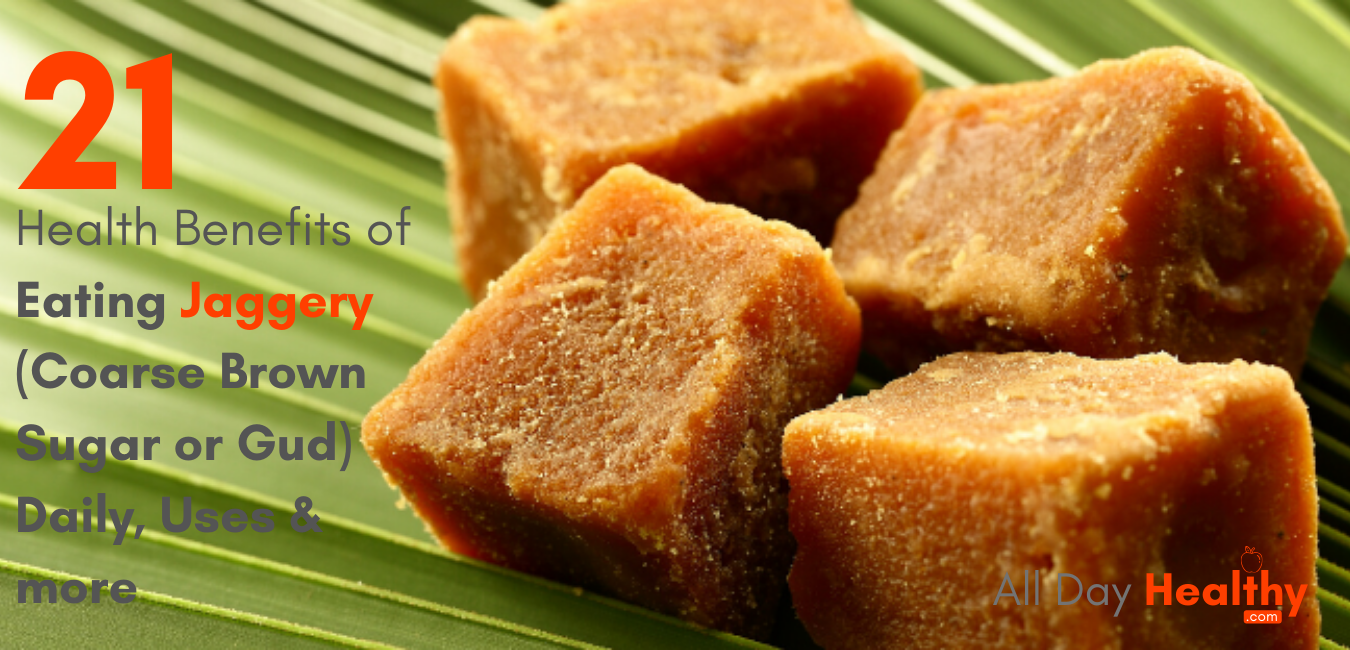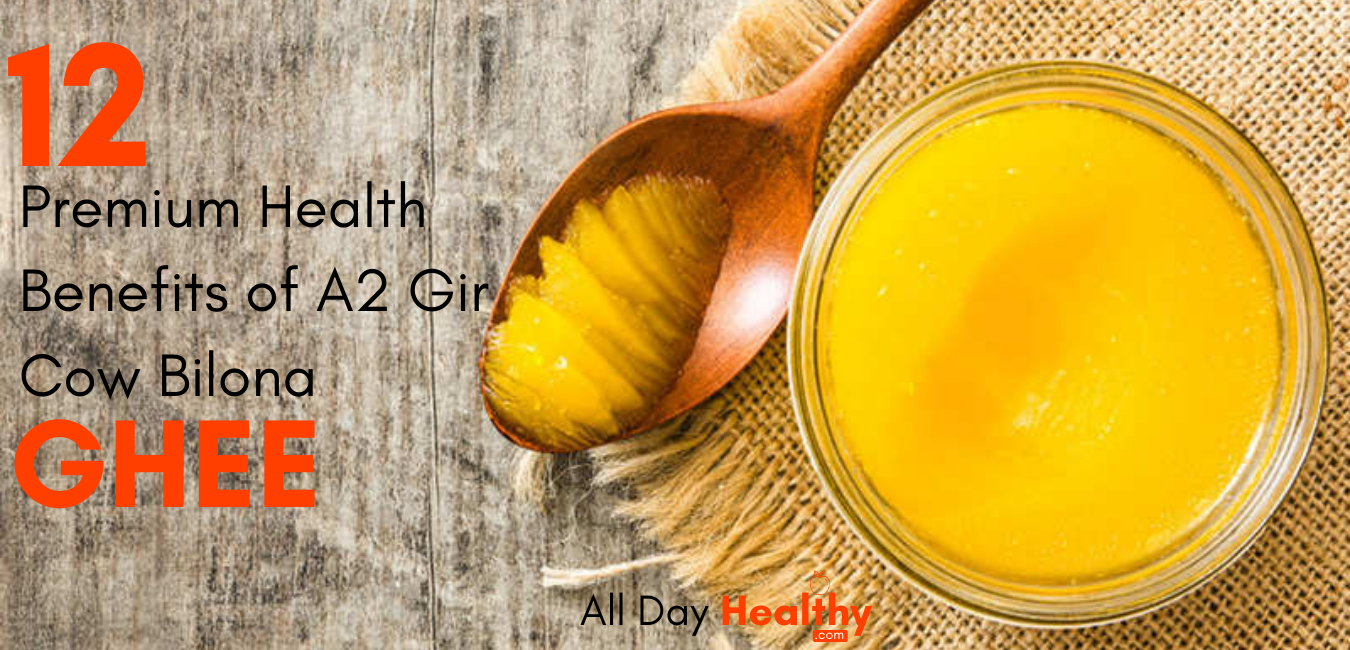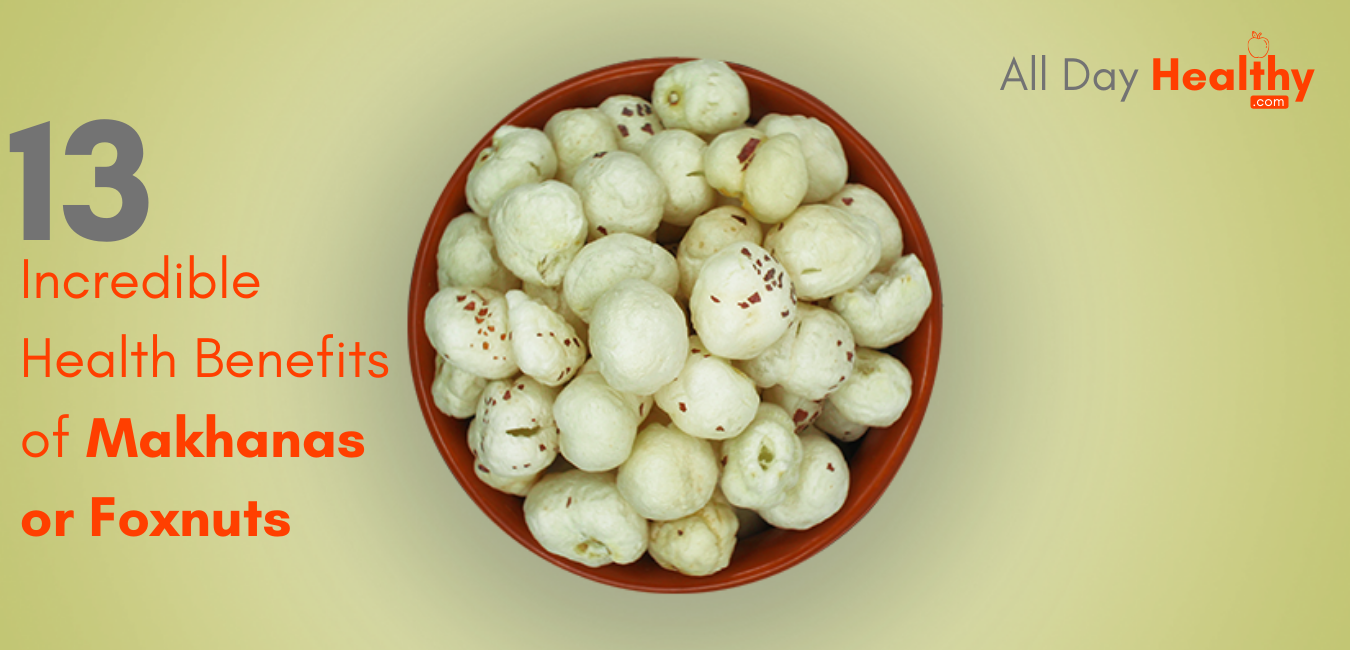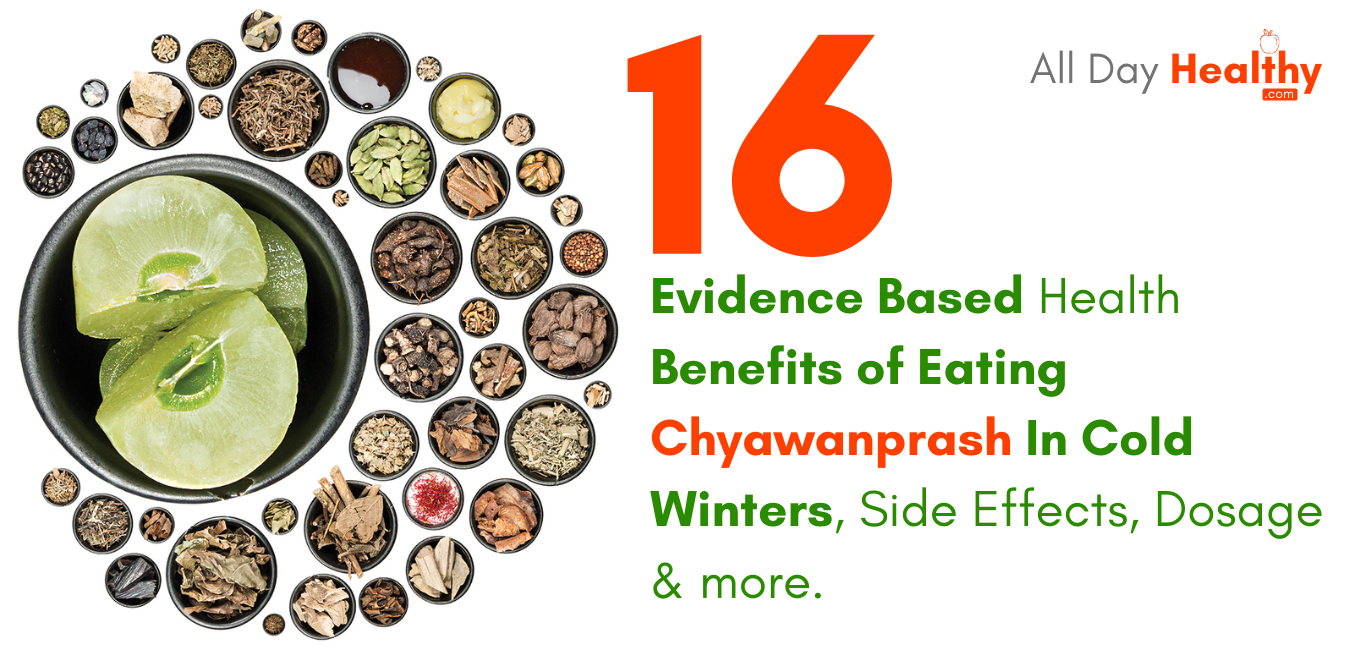Jaggery (Coarse Brown Sugar) is mainly rich in iron, helps in preventing anaemia. Aids in digestion, constipation, treat throat, lung infections. Balances the deficiency of blood sugar level quickly. Jaggery (Coarse Brown Sugar) has richer taste as compared to refined sugar. It acts as a substitute of the white sugar. Jaggery (Coarse Brown Sugar) is potent sweetener, small quantities gives you greater satisfaction. Helps in strengthening of bones. It is a good source of energy. Prevents from asthma, cold & respiratory problems. Gud or Jaggery is generally made by boiling concentrated and raw sugarcane juice until it solidifies. It is better in comparison to white sugar which simply adds extra calories to the human body. Jaggery comes with a number of health advantages like its ability of cleansing the human body; supporting digestion and offering good quantities of minerals.
Jaggery making is a simple process comprising crushing of sugarcane for juice extraction, filtration and boiling of juice for concentration and then cooling and solidifying to give jaggery blocks. The juice is extracted in conventional crusher; this is then filtered and boiled in shallow iron pans.
Jaggery is unrefined sugar which is called “Bellam” in Telugu, “Gur” in Hindi, “Sharkara” in Malayalam, “Vellam” in Tamil, “Gul” in Marathi and “Bella” in Kannada. It is derived from concentrated raw sugarcane juice. However, it can also be made using different other sources like nolen gur or date palm and coconut sap. Jaggery that is made from the juice of raw and concentrated sugarcane is the one that is commonly used. Jaggery is made by boiling the juice of sugarcane and then heating it for producing thick crystals. Jaggery consists of sugar in the form of sucrose and is widely used in different food products in the form of a sweetener. It is considered healthier in comparison to refined sugar because there are different plant minerals and phytochemicals preserved in jaggery. There are a lot of people who avoid having jaggery mainly because of its raw appearance that is not very appealing. Nevertheless, it is always a good idea to make it a regular and integral part of one’s diet because it offers essential nutrients and also because it is one of the most effective remedies for different medical problems.

Is it More Healthier Than Sugar?
Jaggery contains more nutrients than refined sugar because of its molasses content.
Molasses is a nutritious by-product of the sugar making process, which is usually removed when making refined sugar.
Including the molasses adds a small amount of micronutrients to the final product.
The exact nutrition profile of this sweetener can vary, depending on the type of plant used to make it (cane or palm).
According to one source, 100 grams (half a cup) of jaggery may contain:
- Calories: 383.
- Sucrose: 65–85 grams.
- Fructose and glucose: 10–15 grams.
- Protein: 0.4 grams.
- Fat: 0.1 grams.
- Iron: 11 mg, or 61% of the RDI.
- Magnesium: 70-90 mg, or about 20% of the RDI.
- Potassium: 1050 mg, or 30% of the RDI.
- Manganese: 0.2–0.5 mg, or 10–20% of the RDI.
However, keep in mind that this is a 100-gram (3.5-oz) serving, which is much higher than you would generally eat at once. You'd probably consume closer to a tablespoon (20 grams) or teaspoon (7 grams).
Jaggery may also contain small amounts of B vitamins and minerals, including calcium, zinc, phosphorus and copper.
Now you will come to know more about the medicinal & food properties of Jaggery (Coarse Brown Sugar) here are:
21 Health Benefits of Eating Jaggery (Coarse Brown Sugar) Daily:
1. Helps in Boosting Body Immunity Level
Low immunity or a compromised immune system may invite many unwanted medical issues. Eating jaggery increases your body’s immunity and thus helps it in fighting against various infections or disease-causing elements. It is also beneficial in reducing free radical damage. Gud is helpful in increasing your total haemoglobin, which also proves to be effective in maintaining a good immune system.
So, the next time you pop a piece of Jaggery (Coarse Brown Sugar) or Gud, you are not only eating a healthy form of sweet, but your body is also gaining a bundle of health benefits from it.
Due to its richness in various minerals, antioxidants, and other nutrients, jaggery is of immense help in boosting the immunity. By ensuring that the immune system is healthy, it helps in preventing many types of infections, ailments, and diseases. Jaggery is rich in zinc and selenium that, as you know, prevent free-radical damage caused by oxidative stress.
2. Helps in Menstrual Problems
Those painful days of the month can give nightmares to most women because menstrual pain is something all women can relate. There are many over-the-counter medicines available that may help in relieving the symptoms of menstrual pain, but they may have adverse effects on your body too. Jaggery is loaded with all the essential nutrients that may prove helpful in reducing period pain and other associated side-effects. Eating jaggery helps in releasing your feel-good hormones or endorphins, which help you to battle PMS. So, prep up for your periods by including this wonder food in your diet.
Jaggery has various minerals and vitamins present in it. The consumption of a small amount of jaggery can counteract the energy lost during menstruation. Jaggery releases Endorphins, the happy hormone within the body which makes you feel good and provides ease during periods. Sudden mood swings, fluctuating hormone levels, stomach cramps can be tackled if you eat a small amount of jaggery after meals.
3. Helps in Boosting Energy Levels
Exhaustion and fatigue can make your lethargic and drain you of your energy. Sometimes even day to day chores may seem like a humongous task. Jaggery can instantly help you feel energised. Jaggery (Coarse Brown Sugar) or Gud is a natural sweetener but unlike sugar, it does not increase your blood sugar levels, but slowly gets absorbed in your bloodstream and keeps you feeling energised for a longer duration. Therefore, gur does not only help to pep up your blood sugar levels, but at the same time, it also helps your body fight fatigue. If you are feeling weak or lethargic, eating a piece of jaggery can provide instant energy. The best thing about it is that it is gradually digested and absorbed by your body, unlike white sugar. This means that the levels of blood sugar do not get raised immediately.
4. Aids in Weight Loss (Controls Obesity)
A vast majority of Indian population is fighting with weight loss issues, and it is primarily because of poor dietary habits and sedentary lifestyle. However, if you are on a weight loss plan, adding gur to your diet may help too. Jaggery (Coarse Brown Sugar) or Gud not only helps in increasing your metabolism but it also prevents water retention in the body. The presence of potassium in jaggery helps in balancing the electrolytes, which in turn help in building the muscle mass. Shed off some unwanted kilos from your body by eating jaggery!
Jaggery has a high content of potassium, which is responsible for the balance of electrolytes in the body. It is also responsible for bodybuilding and boosting metabolism. Potassium directly helps in weight loss by reducing water retention in the body
5. Helps in Prevention of Respiratory Problems
Respiratory issues such as bronchitis and asthma can make breathing very difficult. In Ayurveda, gur or jaggery has been used for time immemorial for curing and preventing respiratory issues. It is believed that when jaggery is eaten, it soothes and nourishes the inflamed airways and thus helps in providing relief and also prevents the condition from further deteriorating. For the added benefits, sesame seeds can be mixed with jaggery to avoid the respiratory difficulties.
According to Ayurveda, jaggery consumed with sesame seeds is no less than a boon. Respiratory problems such as asthma, bronchitis etc can be cured if jaggery is consumed with sesame seeds on a regular basis. As the respiratory tract is cleared, the regulation of the functioning of kidney and lungs takes place.
6. Helps in Relieving Joint Pains and Body Aches
Joint or bone pain can be a very painful situation and hamper your day-to-day functioning. However, it is believed that consuming jaggery on day to day basis proves to be effective in dealing with joint pains and aches. Drinking a glass of milk with jaggery or simply eating a piece of jaggery on a regular basis may help in reducing the joint pain and may also help in strengthening the bones.
Have you ever seen your grandparents demanding ‘gur’ ki roti or a piece of jaggery after finishing the food? The older generations are already aware of the benefits of this marvelous sweetener, so they consume jaggery after every meal. As people of older age have to take extra care, it is advised to consume jaggery with milk or consume jaggery with the juice of ginger, which helps in strengthening bones and tackles arthritis pain.
7. Helps in Maintaining Blood Pressure
Low or high blood pressure, both are not good for your health. It is essential to maintain regular blood pressure to maintain good health. Sugarcane, from which jaggery is obtained, is loaded with sodium and potassium. Both these minerals are beneficial in regulating the blood pressure in the body. Therefore, by eating Jaggery (Coarse Brown Sugar) or Gud on a daily basis, you may ensure that your blood pressure levels are under control.
8. Helps in Maintaining Good Intestinal Health
Consuming jaggery is also good for your intestines. Jaggery contains good amounts of magnesium in it, which is excellent for keeping your intestinal health on track. You will get approximately 15 mg of magnesium if you consume 10 grams of jaggery on a regular basis, which can help your body to meet 4 per cent of its daily requirement of magnesium.
9. Helps in Keeping Our Body Warm in Cold Winters
Consuming jaggery helps in increasing the body temperature, thereby helps in keeping the body warmer during winter months. However, consuming jaggery mixed with cold water does the exact opposite and helps in keeping your stomach cool during summer months. This versatile sweet is very beneficial in maintaining the body temperatures in winters as well as summers.
According to Ayurveda, jaggery has a hot potency (or Taseer) that really implies that throughout its metabolism, heat is generated within the body. Every gram of jaggery offers four calories, thereby producing heat within the body. Throughout winters the blood vessels get constricted owing to weather conditions and jaggery is helpful in dilating the blood vessels and improving blood flow. This seasonal delight contains minerals, antioxidants, metallic elements like phosphorus, iron, potassium, zinc and more, which makes its consumption even more nutritious.
10. Helps in Preventing Iron Deficiency
Anaemia is a disease that is characterised by low iron levels in the body. Adding this iron and folate-rich food in your daily diet may help in the prevention of anaemia. Pregnant women often battle with low iron and folate levels, which may decrease their red blood cells and also reduces their energy levels. If a pregnant woman eats jaggery on a regular basis, it will give her an instant boost of energy and also help in increasing the RBC in the blood. The consumption of jaggery is extremely beneficial for pregnant women. Due to the presence of a large number of minerals and vitamins, it can help a person to regain the lost energy.
11. It Acts as a Body Cleanser
If you are staying in an area that is heavily polluted, including gur in your diet may help you a great deal. This is because gur is a natural body cleanser and it is efficient in cleansing various harmful particles that enter the body. It is beneficial in cleaning the lungs, stomach, respiratory tract, food pipe and intestines. Ayurveda also states the benefits of jaggery in removing unwanted and harmful particles from the body, and it is thus highly recommended for people working or staying in polluted places. Jaggery removes the toxins present within the body. It has anti-allergic properties which help in preventing allergies caused by cold and cough during winters. It also helps in purifying the blood as, after detoxification, blood flow gets improved. Also, the respiratory tract is cleaned so you become resistive to the infections, which usually approach in the winter season.
12. Helps in Treating Cold & Flu Diseases
A runny, stuffy nose, throat irritation or other such flu-symptoms can make you very uncomfortable and uneasy. Jaggery has therapeutic effects on relieving the symptoms of various ailments such as the flu. You may add a piece of it in some warm water and drink this mixture; alternatively, you can add it to your tea too. The warm and soothing effects of jaggery will help you feel better soon.
13. Acts as Blood Purifier For Our Body
Healthy and clean blood means better health. Adding jaggery in your daily diet in limited amounts helps in purifying your blood and thus improving your overall health. Purified blood in the body means healthier you, and thus a better ability to fight infections and diseases.
14. Improves Bowel Movement & Relives From Constipation
Many people suffer from constipation, and this ailment can take a toll on one’s health. The person suffering from this condition not only faces discomfort in clearing the bowels but also has the problem of hardened stools. Jaggery is beneficial in dealing with digestive issues such as constipation. Consuming gur on a regular basis helps in activating the digestive enzymes and also helps in stimulating bowel movements. Add gur to diet to overcome the problem of digestive ailments.
15. Helps in Detoxification of Our Liver
Our body piles on toxins that enter our body through the diet we consume. These toxins can make us sick and therefore, it is important for our body to get rid of them. The liver helps in removing these harmful toxins from our body. Jaggery also helps in cleansing our body because it is a natural cleanser. By adding it in your diet, you are not only aiding the liver to flush out toxins from the body, but your liver is getting rid of toxins too. Jaggery removes the toxins present within the body. It has anti-allergic properties which help in preventing allergies caused by cold and cough during winters. It also helps in purifying the blood as, after detoxification, blood flow gets improved. Also, the respiratory tract is cleaned so you become resistive to the infections, which usually approach in the winter season.
16. Nourishes & Treats Acne & Pimple Skin
Jaggery is beneficial as a beauty treatment. It has natural properties that ensure that the skin stays healthy at all times.
Jaggery helps in treating and preventing many skin problems such as acne and pimples. Hence, it helps in keeping the skin blemish-free. It also delays the signs of aging such as wrinkles, dark spots, etc. Jaggery is rich in many vital vitamins and minerals, allowing it to provide nourishment to every part of the body, including the skin. When your skin gets proper nourishment, it can stay glowing and healthy.
17. Treatment Of Cold & Cough Naturally
As mentioned earlier, jaggery has many benefits for the respiratory system. It helps in treating a chronic cough. It has a smoothening and soothing effect on the soft tissues of the throat, thus reducing throat irritation. According to Ayurveda, it makes the lungs warm and dilates the respiratory tract. Black jaggery has properties that regulate the body temperature. It also possesses anti-allergic characteristics. This is extremely essential for asthma patients. Jaggery is known for its ability to naturally treat a cough and cold effectively. Eating it in its raw form is recommended. However, if you are averse to its sweet taste, you can mix it with tea or warm water and gain relief from these problems. It also works well for migraines and headaches.
18. Treats Hiccups
If you have a case of the hiccups, eating jaggery can help. All you need to do is mix it with dried ginger powder. Experts recommend eating this mixture with a glass of warm water to gain relief. Mix 3 grams of jaggery with 500mg of ginger powder to get rid of this problem.
19. Helps with Urinary Problems
Sugarcane acts as a natural diuretic and jaggery also possesses this property. It helps in stimulating urination that is good news for people who have difficulty in passing urine. Jaggery can also help in reducing inflammation of the bladder. Experts recommend drinking a glass of hot milk with jaggery to treat urinary problems and improving the urine flow.
20. Improves Male Fertility & Sperm Quality
According to Ayurveda, eating jaggery that is mixed with Amla Powder can help in the improvement of the quality of sperm. It also helps in boosting the sperm production. It also helps in lowering the weakness of the body and treats and prevents urinary problems among men.
21. Jaggery (Coarse Brown Sugar) or Gud acts as a Natural Sweetening Agent
Jaggery has been traditionally used as a sweetening agent not just because of its sweetening properties, but also because of its distinct flavor and aroma. While sugar would just give you sweetness, jaggery would give you sweetness along with flavor. Even the other variety of jaggery, e.g. date jaggery, has a flavor that keeps it on a higher pedestal than plain sugar.

Which One is Better? Jaggery (Coarse Brown Sugar) or White Sugar [Case Study]
Let’s have a look How Jaggery Is Different From White Sugar.
1. Method Of Processing
Both jaggery and sugar are prepared by bringing sugar cane juice to a boil. However, this is only the initial step. The boiled juice is clarified with bone charcoal into a clear and transparent syrup which, upon cooling, condensation, and crystallization, turns into regular white sugar. On the other hand, sugar cane juice is boiled continuously in order to form a thick, sticky paste of jaggery. It is then cooled down and poured into molds to come up with required jaggery blocks.
2. Composition
Sucrose (C12H22O12), a disaccharide (Glucose + Fructose), is known to be the primary component of both sugar and jaggery. However, there is no other component in table sugar, while jaggery is made of sucrose (65-85%), invert sugar (10-15)%, ash 2.5%, and very small amounts of dietary fiber, iron and mineral salts. The invert sugar content of jaggery makes it higher in sweetness and GI (Glycemic Index) than regular sugar.
3. Color
Regular sugar is white in color. But the color of jaggery can vary from golden yellow to different shades of brown (i.e. golden brown, perfect brown, dark brown, etc.). The color usually depends on the time of boiling the sugar cane juice.
4. Texture
As far as the texture is concerned, sugar and jaggery are different from each other. Sugar has a solid and hard form that looks like crystal, while jaggery is semi-solid (comparatively softer) and does not have any specific shape (amorphous).
What are the Recipes To Include Jaggery Your Daily Food Diet?
Jaggery is important for its iron benefits, and if you don’t like eating it raw, you can try the following methods. These are simple recipes you can make:
1. Jaggery Chapati
Required Ingredients
- Grated jaggery
- Milk
- Wheat flour/Atta
- Salt to taste
- Ghee
How To Prepare
- Take half a cup of milk and add three cups of grated jaggery and mix by boiling on low heat.
- Then cool it down and mix with atta, 1/8th spoon baking soda, salt as per taste, and a little ghee.
- Prepare a smooth dough by adding a little more milk.
- Now, roll out into chapatis by smearing little ghee over them.
This is one of the simplest ways to yield the benefits of jaggery.
2. Jaggery Rice
Required Ingredients
- Jaggery
- Water
- Soaked rice
- Cloves
- Green cardamoms
How To Prepare
- Boil 4 cups of water, add 1 cup of soaked rice, 2 cloves, and 4 green cardamoms.
- When it starts boiling, simmer the heat till the rice is cooked.
- In a colander, drain the rice.
- Add little ghee in a heavy based pan, add rice and mix well.
- On a slow heat, mix jaggery and cover it.
- Cook it for 10 to 15 minutes and keep stirring for a couple of minutes.
It is done. Now you can savor and enjoy the food!
What Are The Negative Effects of Eating Jaggery or Gud?
Excessive sugar intake is a contributing factor in many of the world's most common chronic diseases.
In fact, evidence has linked excess sugar consumption with an increased risk of obesity, heart disease and type 2 diabetes.
Despite its slightly different nutrition profile, jaggery is still sugar. Therefore, eating too much of it is not a good idea. Eating too much sugar from any source can increase your risk of obesity, heart disease and type 2 diabetes.
FAQs
Though jaggery is extremely safe for consumption and has no harmful side-effects, however, you still may have certain questions in mind. Worry no more; we shall be answering some frequently asked questions or FAQs in this section.
1. Is Jaggery Healthier Than Sugar?
White or refined sugar provides our body with only empty calories because it is nothing but a simple form of carbohydrates. On the hand, jaggery or gur is a form of complex carbohydrate, and it contains an abundance of nutrients and some amount of fibre too, for our body. Therefore, if you compare the health benefits of jaggery over sugar, jaggery is better for our health than sugar.
2. Is Gud or Jaggery Good for Diabetes?
Though jaggery is a complex carbohydrate and a natural form of sugar, however, it is sugar after all. This means eating jaggery will increase your blood sugar levels, though a bit slower than refined sugar, it will eventually increase it. Even Ayurveda, which propagates several benefits of jaggery, states that jaggery should not be included in a diabetic diet. If you have diabetes, it will be a wise decision to stay away from any form of sugar, including jaggery.
Include the natural goodness of gur by adding it to your daily diet. You may relish it in its raw form or use this versatile natural sweetener to add sweetness to your desserts, puddings, milk or even tea. Make sure you procure good-quality gur from a clean place. However, gur is a form of sugar; therefore, you must keep a check on its intake.
Click Here
Share This Post With Your Friends & Family If You Think That Sharing Is Caring






